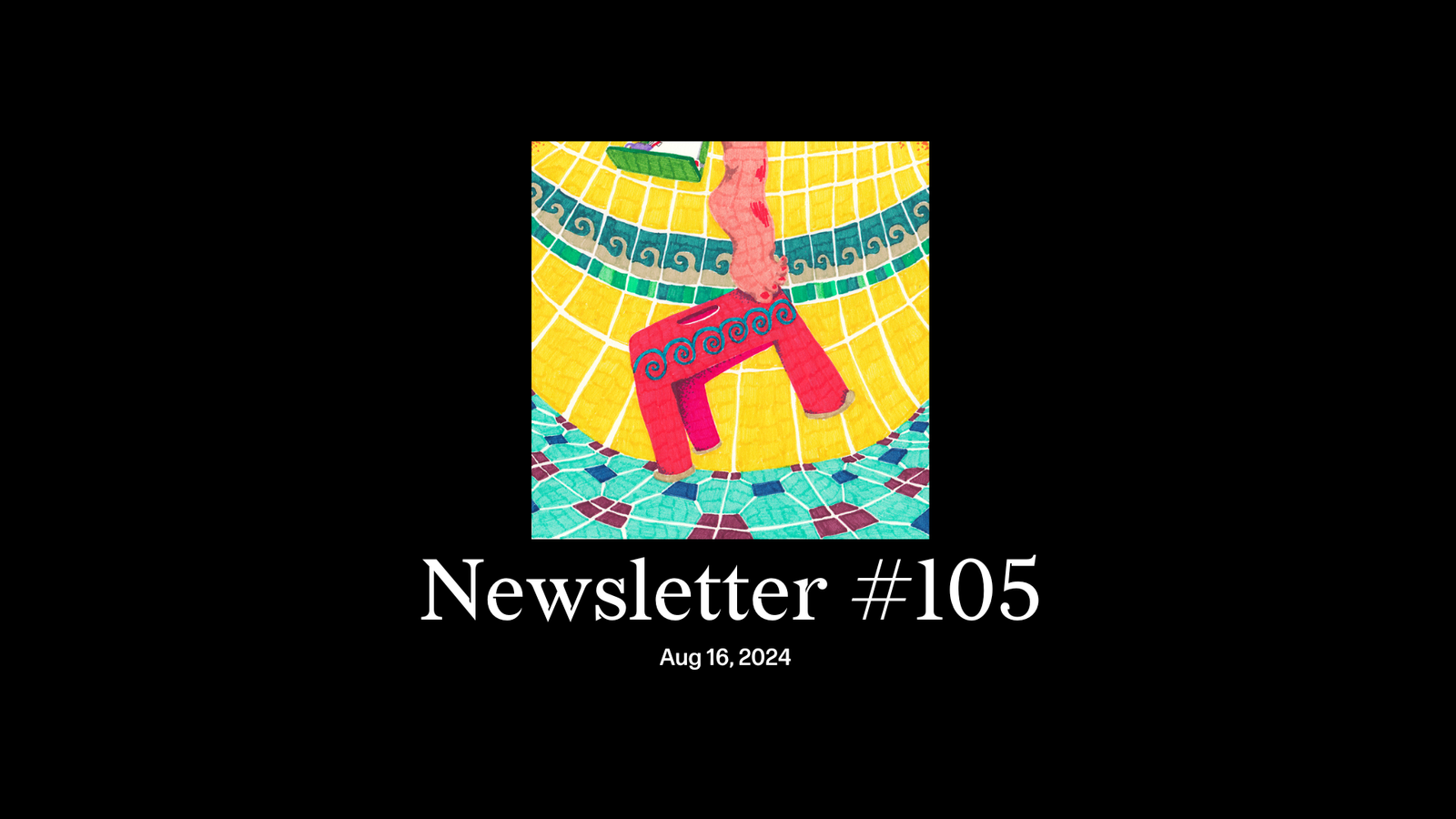Dear reader,
We’re hiring a new head of product and revenue! No, we’re not looking for writers, but business and marketing gurus. You know the brand. You’ve seen the product. Help us improve it, help us sell it. It’s a 5-7 hour a week role, and your package will include cash, equity, commissions, and performance-linked incentives. More details here.
Events. Kamala or Trump? Join Emily Drew, professor of English at Davidson College and a journalist who’s won multiple Emmy awards, for a US presidential election preview on September 12th, 6-7.30pm at Book Bar. Spaces are limited, and reserved for Jom’s Supporters and Patrons. We’ll e-mail you details soon. Members who want to attend can upgrade their plan here.
“Singapore This Week”. In our weekly digest, we discuss gerrymandering in Singapore; the 100th anniversary of the Silat Road Sikh temple and the story of the first documented Sikh migrant here; measures to help you deal with that neighbour from hell; Melaka in the imaginations of 15th-century Arabian, Persian and Turkish geographers; NUS’s mysterious dropping of Haresh Sharma, Cultural Medallion winner, as lecturer; Chocolate Finance, “a new place for your spare cash”, which promises higher returns than traditional fixed deposits; and more.
Essay. What’s it like to live with epilepsy? In “Seize your life”, Aryan Pershad, a 16-year-old at the Singapore American School (SAS), tells us how his world was turned upside down at age six: “the taste of toothpaste on my tongue turning fuzzy, the water in the mirror starting to make waves without flowing, and my plastic step-stool no longer feeling as secure as it had been for years.” (Thank you, Mok Yuin Peng, for your illustrations that capture this bewilderment.)
We consider this our second National Day-ish essay, to complement the one last week by Corrie Tan, our arts editor. While Corrie’s story should resonate with all, Aryan offers us a unique insight into the struggles and successes of a triply minoritised person in our little red dot: an ethnic Indian, a foreign student, and a person with epilepsy, a condition so misunderstood, even by many who have it, as he says. Not that Aryan ever considers any of that a shortcoming. His is a story filled with plaudits for Singapore’s healthcare system. After experiencing his first seizure in Hong Kong, where the diagnoses, remedies, and treatments were suboptimal for him, it was only after moving to Singapore at age seven that he found salvation through a nutritionist.
“I learned, however, that there were important differences between refined and natural sugar, that butter had lower lactose content than milk, and that gluten is a blight on the face of the Earth, sent to ruin us all. (Admittedly the last one might be a little biased.)”
Aryan is the second teenager to publish their work in Jom, and the first writer to refer to me as “Sudhir Uncle”. His dad and I were grad school classmates. We’re delighted to publish his work, though we’re also aware that Aryan, like many other SAS students, has rarely felt fully integrated with Singaporean society—all the more given the nativist zeitgeist that’s gripped the whole world in the past decade. I know another publication declined to profile him only because he doesn’t hold a red passport.
Even as citizens collectively shape a more enlightened immigration policy, it’s our hope that society will always listen to the voices of both the Corrie Tans and the Aryan Pershads of Singapore.
Our abundance, our richness, is realised only with both
Jom berharmoni,
Sudhir Vadaketh
Editor-in-chief, Jom
If you’ve enjoyed our newsletters, please scroll to the bottom of this page to sign up to receive them direct in your inbox.







